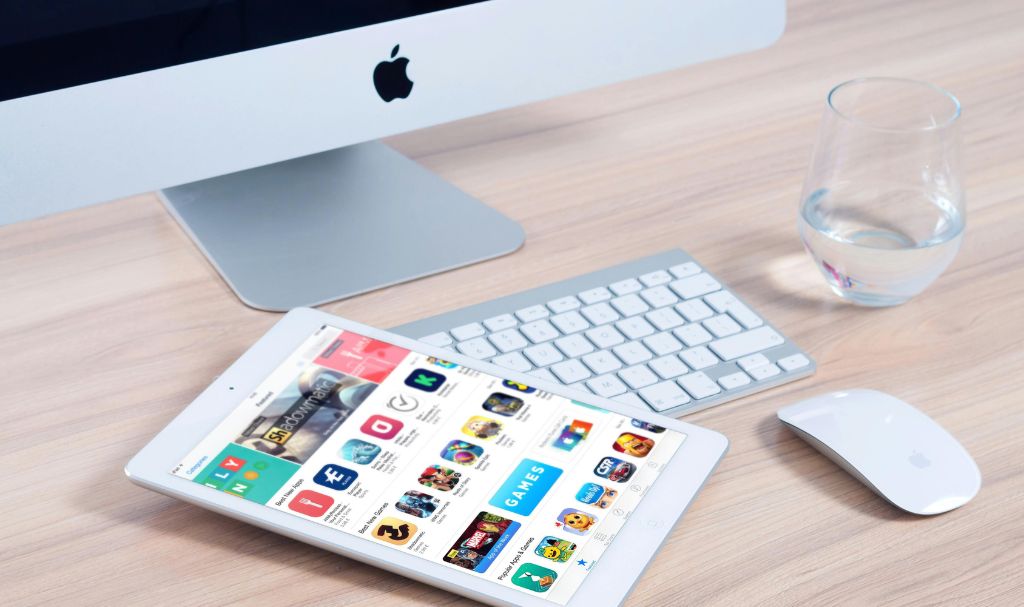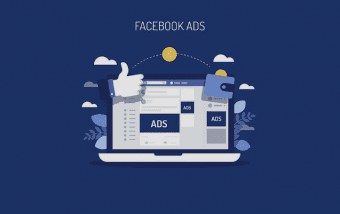How To Unarchive A Story On Instagram? A Step-by-Step Guide
Jan 28, 2026

Jan 28, 2026

Jan 27, 2026

Jan 24, 2026

Jan 23, 2026

Jan 22, 2026

Jan 22, 2026

Jan 21, 2026

Jan 21, 2026
Sorry, but nothing matched your search "". Please try again with some different keywords.


In today’s hyper-connected world, we’re used to streaming everything—from music and movies to tutorials, webinars, and podcasts. The “instant access” model has become the default way of consuming content.
But as convenient as it may seem, streaming doesn’t always provide the control, reliability, or permanence that many users need. That’s why downloading, or saving content to your device, is making a quiet comeback. With tools like xdownload, users are rediscovering the value of having media available offline and on their own terms.
At first glance, downloading might seem like a relic from the past, something we left behind when broadband and smartphones made streaming seamless. But in reality, it’s a strategy that brings autonomy, preparedness, and peace of mind in a constantly changing digital environment.
So, today I’m going to talk about digital downloads – rather, how downloading is making a comeback in 2025. Forget streaming, it’s the era of saving!
Saty tunedas we delve into the significance of digital downloads in the modern content creation landscape.

Streaming is built on access, not ownership. You can listen to a podcast today, but if it’s removed from the platform tomorrow, it’s gone. Videos, songs, and educational content can be pulled down due to licensing issues, deleted by creators, or buried in the ever-growing pile of algorithm-driven suggestions.
What’s more, streaming requires stable internet. That might not seem like an issue in urban centers or with unlimited data plans, but go on a long flight, travel to a rural area, or hit a data cap, and you’ll realize how dependent streaming really is on consistent connectivity.
This is where downloading steps back into the spotlight. Saving content through a platform like XDownload gives users reliable access to media, even when the internet isn’t available or when platforms change their rules.
Here are a few real-world reasons why downloading still matters in 2025:
This is the most obvious benefit: no internet? No problem. Downloaded content is always accessible, whether you’re on a plane, deep in the countryside, or simply preserving your mobile data.
Creators can delete their work. Companies can pull down entire libraries. Trends move fast, and yesterday’s useful video might be unfindable today. Downloading ensures you keep what’s important to you before it disappears.
Many people use download tools to curate personal libraries. That could include learning materials, motivational speeches, archived tutorials, or favorite media clips. These collections can be categorized, labeled, and stored in a way that streaming apps simply don’t allow.
Streaming often involves buffering, ads, and occasional lag, especially in high-definition content. With downloaded files, playback is smoother and faster. You can also skip, loop, edit, or transfer files across devices.
Let’s face it: streaming platforms are built to keep you watching. When you open a video, you’re bombarded with suggested content, autoplay, and ads. Downloading lets you separate what you actually want from what the algorithm wants you to see.
Let’s look at how different people benefit from downloading in practical ways:
The beauty of a service like xdownload is that it gives all these users the same freedom: to choose what they keep and when they access it.
Yes, digital downloads have entirely revolutionized how we access, consume, and save content. However, there are some challenges as well as considerations that you need to remember while downloading content:
To download content, you need a dependable internet connection. Moreover, users with unstable or limited internet access might face challenges in downloading or even access bigger files.
Certain content pieces are typically protected by Digital Rights Management or DRM. This restricts a user’s ability to copy, share, or even transfer certain content. So, while DRM focuses on preventing piracy, it can also limit the autonomy of the user with purchased content.
With digital files accumulating, storage space on your devices might become an issue. Moreover, users need to take care of their overall storage capacity. Also, if they do have an extensive digital library, then it is best to invest in extra storage solutions.
While downloading is a powerful tool, it comes with the need for ethical use. Here’s how to do it responsibly:
Ethical downloading keeps the ecosystem fair, allowing creators to be respected while users enjoy control over their media.
A major reason downloading has regained popularity is that it’s become easier. Services like XDownload streamline the process, so no tech skills are required. You copy the link to a video or audio file, paste it, choose your desired format, and download it directly.
No installation. No unnecessary software. Just access, made simple.
In a world built for instant gratification, downloading may feel like a slow or outdated habit, but it’s exactly the kind of digital mindfulness we need more of. It’s about thinking ahead, being intentional, and valuing content enough to keep it close.
Streaming is convenient. But downloading is smart. It’s about owning your experience rather than renting it from an algorithm. It’s about saving what matters—whether that’s a tutorial that taught you something new, a talk that changed your mindset, or a song that helped you through a tough day.
Next time you find something worth remembering, consider hitting download instead of just liking or sharing it. With tools like XDownload, you can build a digital library that stays with you, even when the internet doesn’t.


